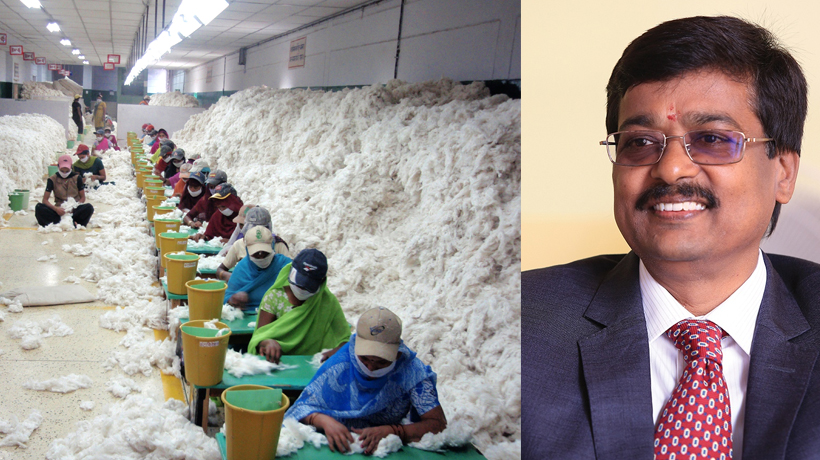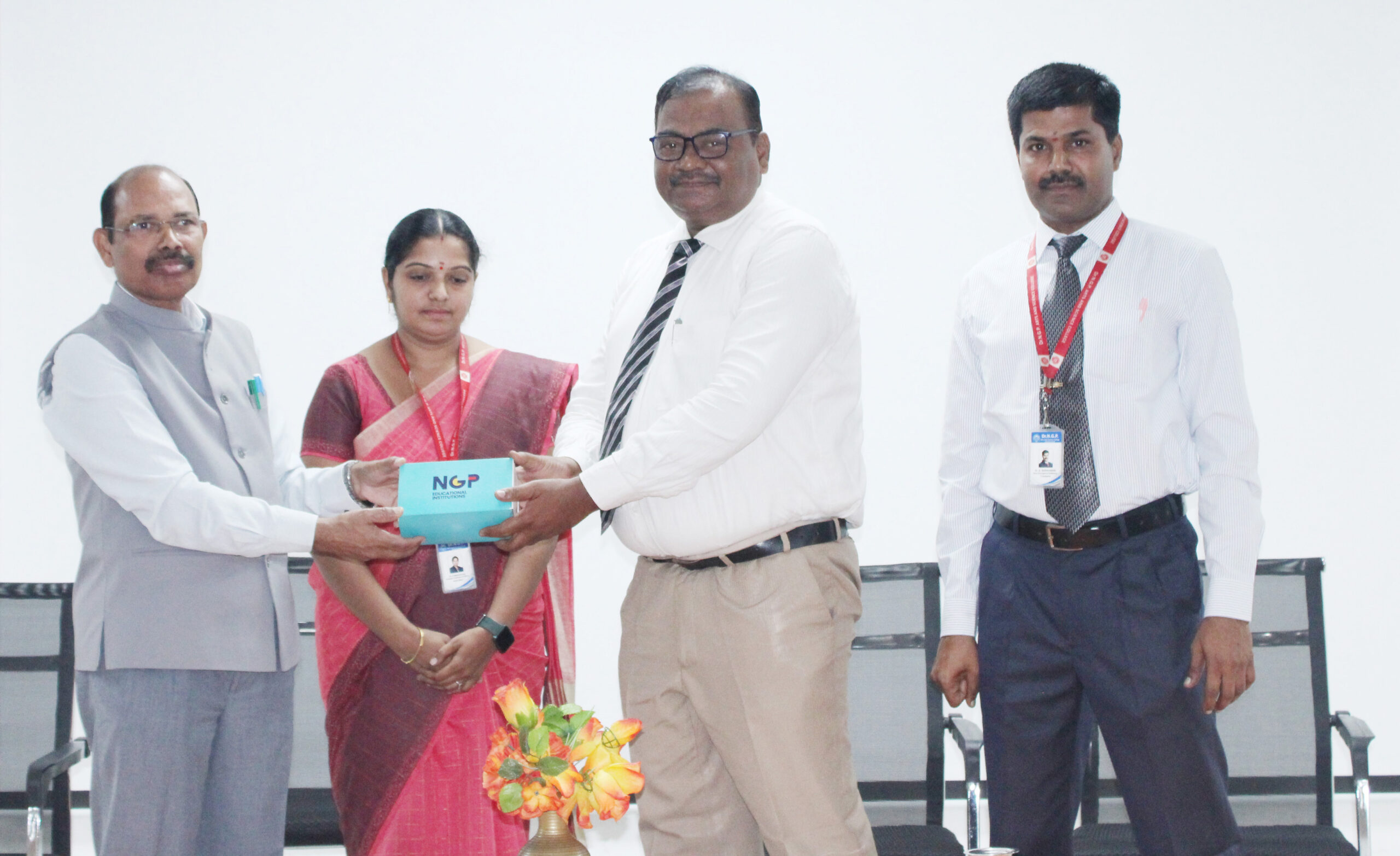Trending Now
- IPL 2024 begins with a bang. First contest between CSK and RCB.
- Election commission allots mike symbol to Naam Thamizhar Katchi
- AIADMK promises to urge for AIIMS in Coimbatore, in its election manifesto.
- Ponmudi becomes higher education minister.
Coimbatore
SIMA hails Cabbotage rule relaxation for cotton transport
![]() May 24, 2018
May 24, 2018
COIMBATORE: The Southern India Mills’ Association (SIMA) on Thursday thanked the Centre for considering the long pending demand and relaxing cabbotage rule for cotton transport. “The initiative will greatly benefit lakhs of cotton farmers in Gujarat and the spinning mills in Tamil Nadu,” SIMA Chairman P. Nataraj said in release thanking Prime Minister and Shipping and Textile ministries.
“The foreign flag vessels might be in a position to offer a competitive rate as large number of empty foreign containers being transported between the ports in Gujarat and Tamil Nadu and also the tax benefits extended for foreign flag vessels. Tamil Nadu spinning mills consume around 50 lakh bales of cotton grown in Gujarat as this cotton has most preferred fibre quality parameters, the knitted garments produced by the Tirupur cluster will be greatly benefitted,” he said.
India is the second largest textile manufacturing and exporting country in the world next only to China has been facing challenges on the logistics cost front, especially transport of cotton from growing states to
consuming states and steep increase in diesel price has increased the lorry transportation cost.
Though India is the largest cotton producing country and net exporter of cotton in the world, the domestic cotton textile industry could not derive competitive advantage due to the steep increase in cotton transportation cost.
ALSO READ : Short film actor held in Thrissur for sexually abusing young girl
The average cotton transportation cost between Gujarat and China is far less than $200 for a 40-foot container having a capacity of 170 cotton bales each weighing 170 kgs. (i.e. less than Rs. 100 per bale). During the peak cotton season the lorry freight per bale between Gujarat ginning factory (the largest cotton producing state in the country) and spinning mills in Tamil Nadu (that account 47 per cent of the spinning capacity in the country and producing less than five per cent of its annual requirement) was ruling up to Rs.1,000 per bale.
The transportation cost for imported cotton from countries in West Africa to the spinning mills in Tamil Nadu was ruling around Rs.400 per bale. Therefore, the industry opted for the cotton transport by rail and ship. But, the price difference between lorry and these modes of transport was less than 10 per cent, while competing countries are transporting cotton at a cheaper price.
Against this background, the cotton textile industry demanded relaxation of cabbotage rule for transporting cotton from ports in Gujarat to ports in Tamil Nadu and use foreign flag vessels to carry the cotton. Since the Government did not exempt the fuel from Sales Tax and also the Indian flag vessels from Seafarer Tax, the cost remained high.. The cost difference worked out to 10 to 15 per cent less than the lorry transport. The lorry transport mode takes 3 to 4 days, while sea route takes around 15 days. Therefore, only larger mills could utilize this facility. Hence, the industry continued to demand for relaxation of cabbotage rule for cotton transport.
The Ministry of Shipping has now relaxed the cabbotage rule for transportation of cotton along with several other products and issued a general order, Nataraj said.























